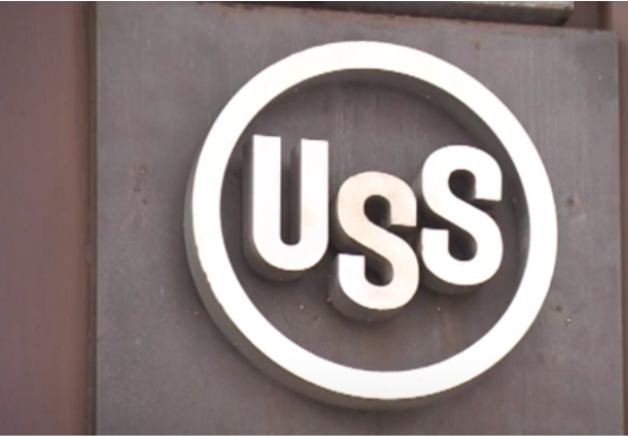Uncategorized
Joe Biden Blocks $15B US Steel Deal: National Security or Politics in Play?

Source: YouTube
Among his dramatic final moves as president, Joe Biden has decided to block Nippon Steel’s $15 billion acquisition of US Steel. The White House is expected to announce the decision officially later this week, with sources confirming the president’s concerns over national security risks. This controversial decision arrives just weeks before Donald Trump’s inauguration, fueling speculation that Biden intended the move as a political gift for the incoming president.
The Committee on Foreign Investment in the United States (CFIUS) had reviewed the proposed deal but failed to reach a consensus. Ultimately, Biden’s verdict came down to concerns that Nippon Steel might reduce domestic steel output, jeopardizing industries critical to U.S. security. Despite Nippon Steel’s concessions, including offering veto power to the U.S. government over production cuts, Biden deemed these insufficient to assuage national security fears.
National Security at Stake: Biden’s Case Against Nippon Steel
Biden’s administration had long opposed the sale, citing the strategic importance of domestic steel production. The president stated in March 2024 that keeping US Steel domestically owned and operated was vital to safeguarding national security. The CFIUS report highlighted that reduced steel production could lead to shortages in the transportation and energy sectors, among others. Moreover, the report raised concerns that Nippon Steel’s global operations might undermine U.S. trade actions against low-cost steel imports.
The decision aligns with Biden’s protectionist policies, which emphasize maintaining strong domestic industries. However, critics argue that blocking foreign investment could damage U.S.-Japan relations, especially given Japan’s role as a key ally and major investor in the United States.
Mixed Reactions: How Biden's Decision Divided US Steel Investors and Workers
The decision has drawn mixed reactions from investors, workers, and politicians. US Steel shareholders overwhelmingly supported the sale, voting for the deal in April 2024. Many believed Nippon Steel’s investment would preserve jobs and boost the struggling company. CEO David Burritt emphasized the financial benefits of the deal, arguing it would reinvigorate aging facilities and secure the company’s future.
Workers and their unions, however, largely backed Biden’s decision. The United Steelworkers union, a staunch opponent of the sale, praised the move as a victory for American workers and national security. Union president David McCall accused Nippon Steel of planning to shift jobs from unionized facilities to nonunion plants, despite the company’s assurances to the contrary.
Incoming President Donald Trump also voiced his opposition to the sale, stating on Truth Social that the deal would undermine America’s steel industry. Trump’s “America First” rhetoric has resonated with many workers, further solidifying his support base.
The Uncertain Road Ahead for US Steel
The rejection of Nippon Steel’s bid leaves US Steel in a precarious position. The company’s financial struggles are well-documented, with declining revenues and aging infrastructure. CEO David Burritt has warned that without significant investment, US Steel may struggle to compete globally.
While some analysts believe the company could seek a domestic buyer, others speculate it might continue as a stand-alone entity. Cleveland Cliffs, the second-largest U.S. steel producer, had previously bid $7.3 billion for US Steel in 2023 and could potentially re-enter negotiations.
The blocked sale also signals a shift in U.S. trade policy, emphasizing domestic control over key industries. This move could complicate relations with Japan, as Japanese officials have criticized the decision as a protectionist measure that discourages foreign investment.
Strategic Gamble: The Implications of Blocking the Deal
Biden’s decision to block the US Steel sale underscores the administration’s commitment to safeguarding national security and protecting American jobs. However, it risks straining diplomatic ties with Japan and leaves US Steel’s future uncertain. With Trump’s presidency on the horizon, the steel industry may see further policy shifts aimed at bolstering domestic production through tariffs and tax incentives. Investors and workers alike will be watching closely to see what’s next for this iconic American company.
Do you agree with Joe Biden’s decision to block the US Steel sale? Tell us what you think.



